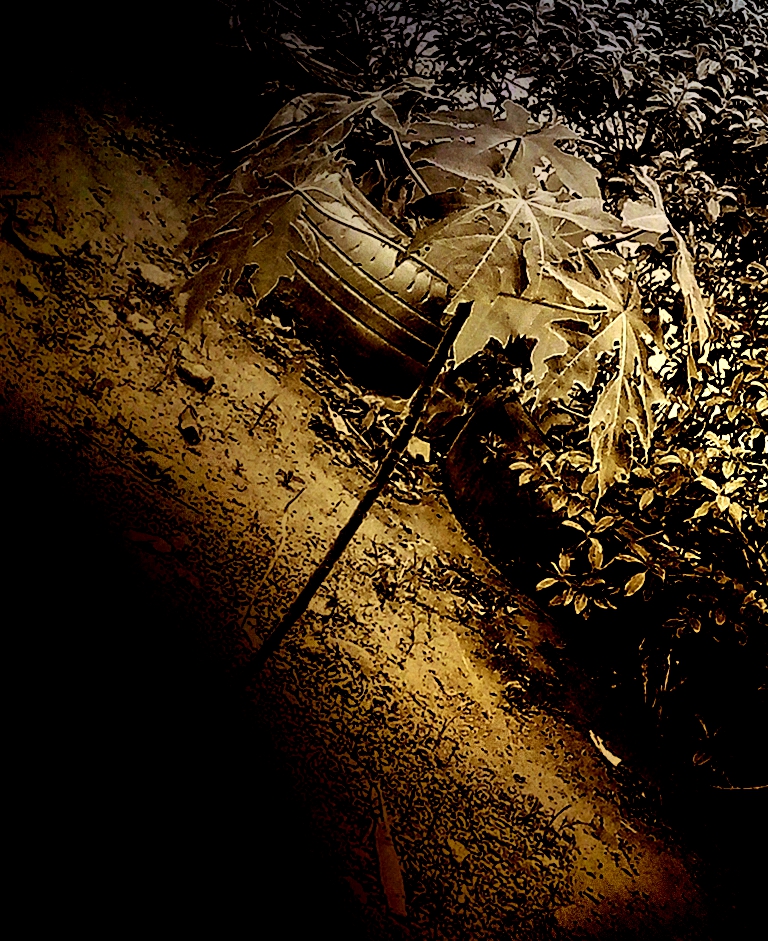Women’s Education in Uzbekistan: Opportunities and the Path to Progress
Since gaining independence, Uzbekistan has undertaken major reforms in the field of education. In particular, significant opportunities have been created for women to gain knowledge and acquire professional skills. This is because one of the key factors in societal development is women’s literacy and their active participation in science, culture, and the economy.
Today, thousands of girls across Uzbekistan have the opportunity to study at higher educational institutions. Government-funded scholarships play a vital role in supporting them on this journey. These efforts are part of wide-ranging reforms aimed at strengthening the role of women in society and unlocking their full potential.
Scholarships and Quotas for Women
Special benefits and programs have been introduced for girls seeking education in Uzbekistan. Currently:
Separate quotas are allocated for female students admitted under state scholarships.
Through the “Women’s Register,” talented but financially disadvantaged girls receive assistance to pay their tuition fees.
Under the “Iron Register” and “Youth Register” programs, special privileges are provided to support girls’ education.
Presidential scholarships and other grants are awarded to encourage the academic achievements of outstanding young women.
International scholarships and global education programs are also making it possible for girls to study abroad.
Additionally, the number of vocational training centers for girls has increased in recent years, where they are trained in modern professions. The growing number of skilled women in fields such as IT, engineering, and business is a clear indication of this progress.
Progress in Girls’ Education
Currently, a significant proportion of students in higher education institutions are women. Across the country, many women are becoming leading specialists—not only in education but also in entrepreneurship, science, and social spheres.
In particular, recent years have seen:
A growing interest among girls in STEM (Science, Technology, Engineering, and Mathematics) fields.
The establishment of business incubators and entrepreneurship development centers specifically for women.
Successful participation of Uzbek girls in various international grant programs.
Thanks to the reforms being implemented by our government, young women are now developing into competitive professionals not only within the country but also on a global scale.
Peace – The Foundation of Independent Learning
Today, young people in Uzbekistan have the opportunity to pursue knowledge freely in a peaceful and independent country. This serves as a solid foundation and a confident step toward a bright future.
In contrast, we see thousands of young people around the world being deprived of education due to wars, instability, and conflicts. In Uzbekistan, however, great attention is paid to education, and favorable conditions are created for the youth. As a result, our girls are realizing their potential in science, technology, culture, and various other fields.
Therefore, today’s youth—especially young women—must set high goals and make full use of the educational opportunities available to them. Because we, the youth of Uzbekistan, are learning with confidence in a peaceful nation and a promising tomorrow!
Nozima Ziyodilloyeva
Student of Uzbekistan State World Languages University


